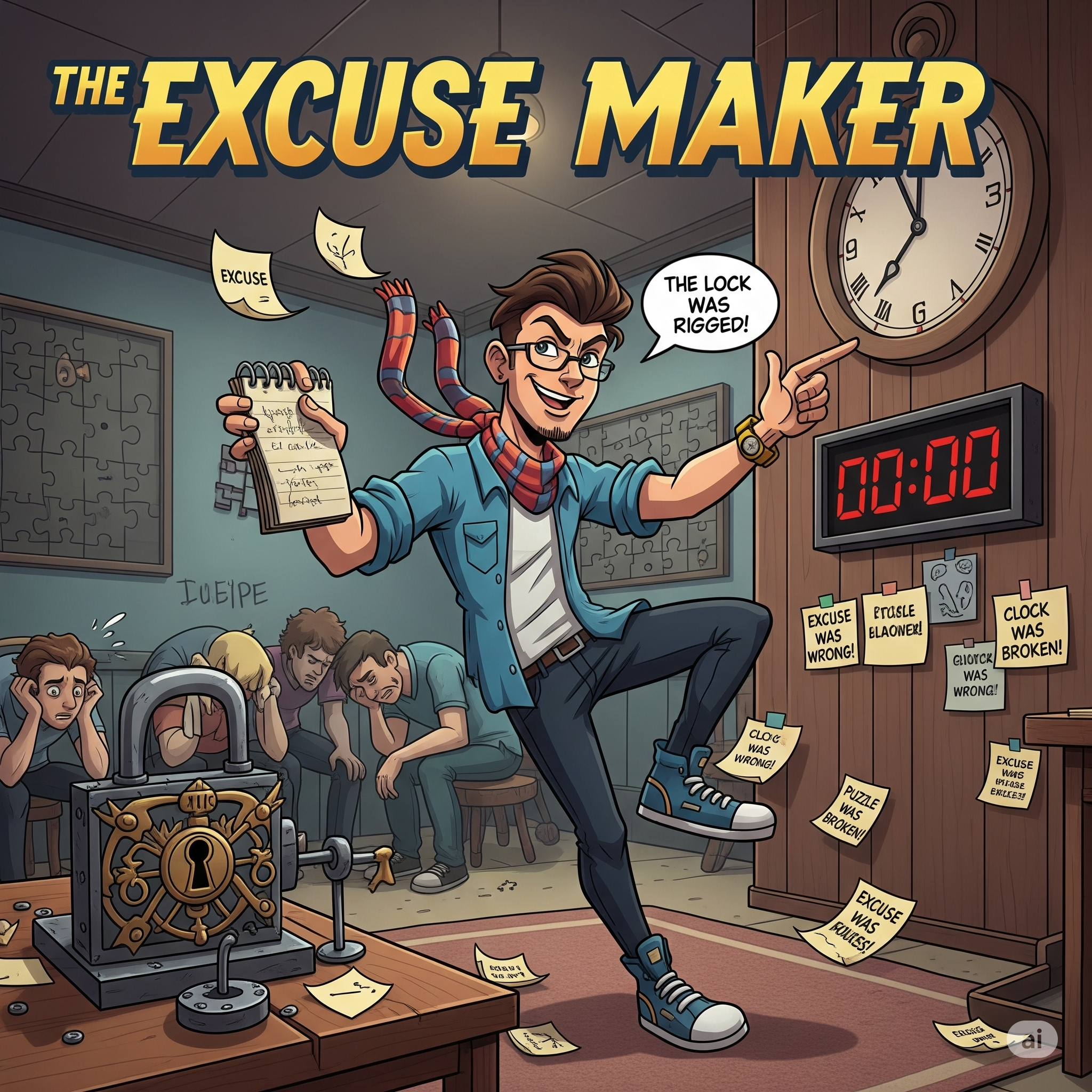Welcome, !!
We're thrilled to have you on board! Now that you've joined the EscaperX community, here’s what you can do next:
-
Complete Your ProfileAdd your interests, preferences, and a bit more about yourself to unlock:
- New ways to connect with other escape room enthusiasts.
- Tailored adventure recommendations just for you.
-
Update General Info
- Upload a profile picture, cover photo, and fill in basic details to make your profile stand out.
-
Boost Your Visibility and Rank
- A complete profile ranks faster and becomes more visible to others.
-
Earn Points While You Update
- Gain points for each step you complete.
- Redeem these points to enhance your experience throughout your EscaperX journey.
Let’s get started on your profile and dive into the world of escape rooms. Adventure awaits… and I’ll be right here cheering you on! 💥


.jpg?w=960px)









